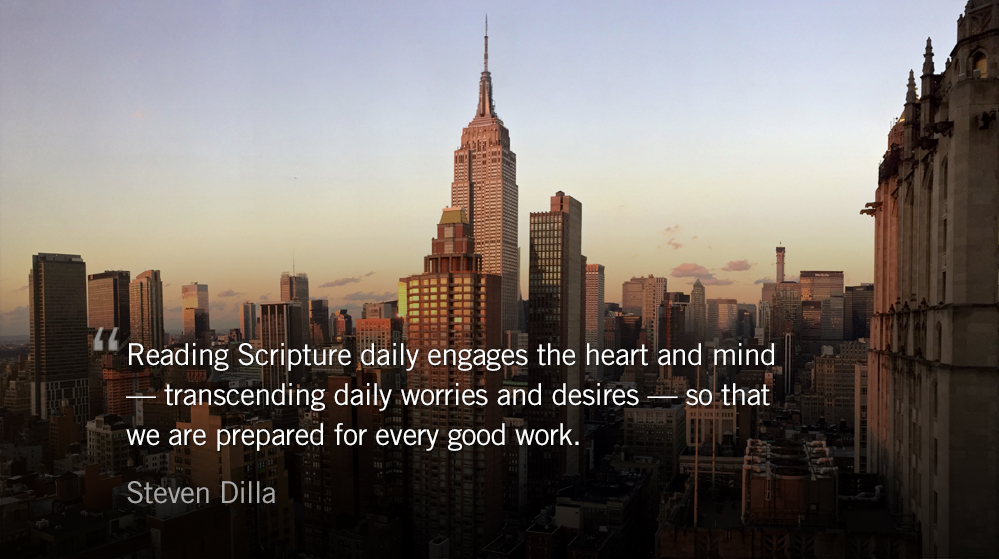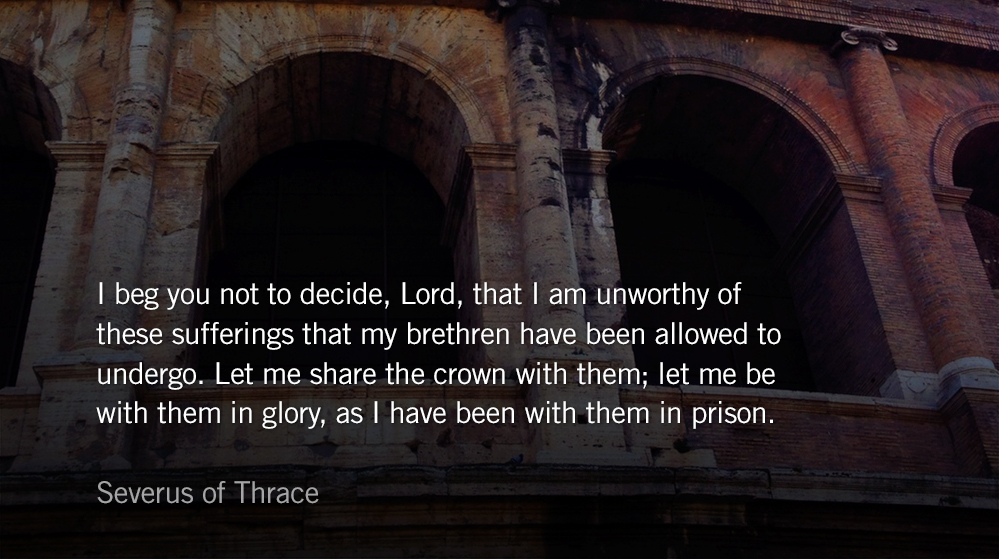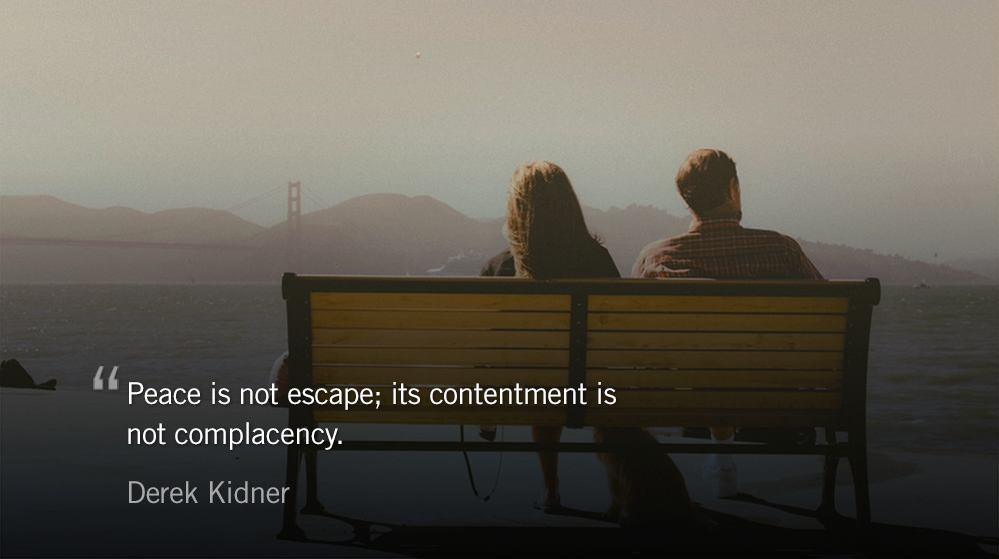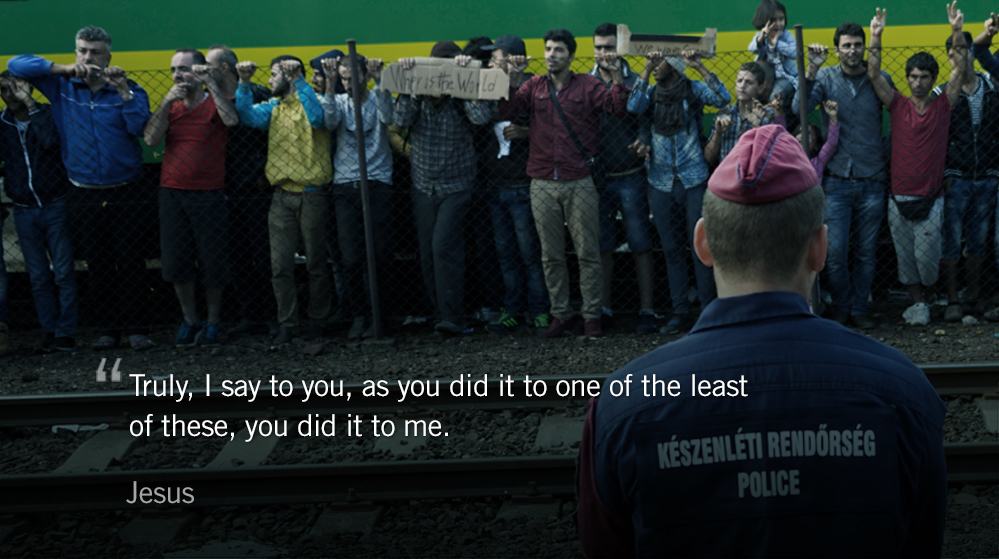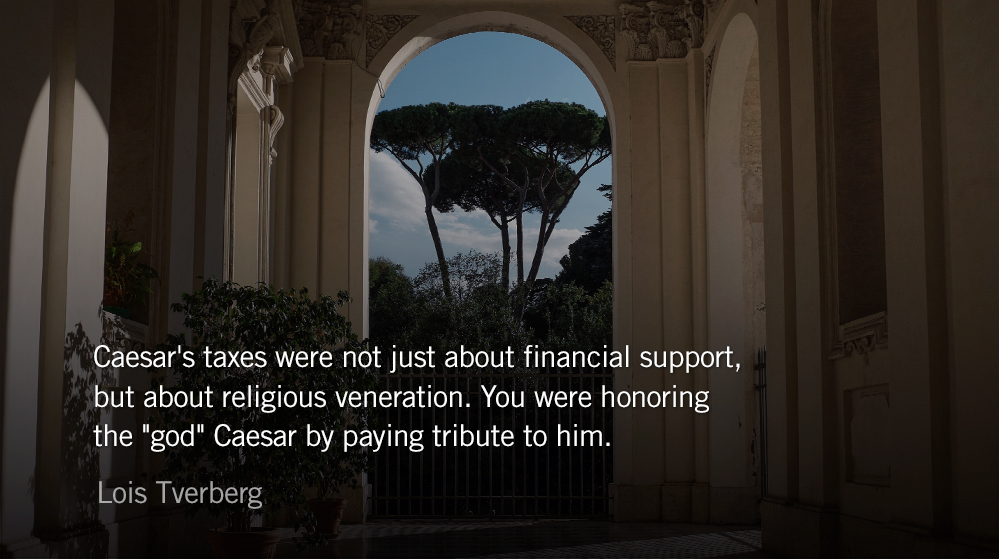For several years I’ve read from a plan every day and probably go through the Bible about twice a year, yet your encouragement spoke to me. I often ponder that vast human mass you mentioned viewing out your window overlooking NYC, each person at a point on their journey toward wherever their choices take them. We know nothing–really–about each other, and to a great extent even about ourselves. Trusting God to bring the right passages to the forefront right when we need them is our only hope. Immersing ourselves daily in His word is the only way that hope can be fulfilled. — Sam
Readers’ Choice (Originally published November 4, 2015)
Remind them to be submissive to rulers and authorities, to be obedient, to be ready for every good work. — Titus 3.1
One of the strengths of an annual Scripture reading plan is that we engage with passages which would normally get overlooked. There are relatively few circumstances in a person’s life which might drive them directly to Titus 3 or 2 Kings 17. (One instructs a Christian leader to remind his followers “to be submissive to rulers.” and the other another tells of the king of Assyria finding “treachery in Hoshea.”)
I’m always struck by the view from the co-working space from which I write on Madison Avenue (pictured above). Gazing at the towering buildings quickly transitions into finding myself lost in the reality that every possible human emotion is present within the limits of my view.
At any given moment on this island there is someone who has just received the promotion or funding of their dreams — while another is watching their career slip through their fingers. People are falling in love, strolling hand in hand by others who are hustling to a meeting with their divorce attorney. Some have found new faith, others have fallen into addiction, and still others wonder how long they can hold on before everything falls apart.
Materialism has taught us that there is a unique product, service, message (even pasta sauce) for each of these people. Therefore, it follows, that if each person were to follow a devotional and scripture reading plan, some days would be “better” than others. But what do we mean by better? Is it just a message’s ability to placate to my immediate need?
I’m regularly challenged by Timothy Keller’s framework for answered and unanswered prayer:
God will only give you what you would have asked for if you knew everything he knows. — Timothy Keller
Titus 3 challenges Christians to be “ready for every good work.” How are you and I to know what that will take? We cannot plan for every good work — there are too many variables. The value proposition of a Scripture reading plan is that it prepares us for every good work.
Reading Scripture daily engages the heart and mind — transcending daily worries and desires — so that we are prepared for every good work.
P.S. Thanks for being one of over 4,000 daily readers on The Park Forum. We’re so thankful to seek after God with you. We pray this devotional series helps cultivate vibrant faith and sharpen your insight into culture so you’re better equipped to love and serve those around you.
Today’s Reading
Jeremiah 30-31 (Listen – 11:21 )
Mark 16 (Listen – 2:34)
Submit a devotional for Readers’ Choice
Contribute your favorite Park Forum devotionals to Readers’ Choice.
Email me the title or link. If you don’t mind adding a sentence or two as to why each post was significant to you, I would love to include your voice as well.
Thanks for being part of The Park Forum community. We are so thankful to be part of your devotional rhythm.

